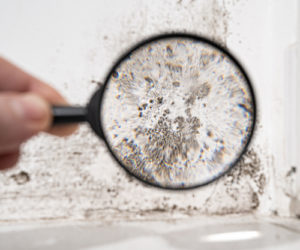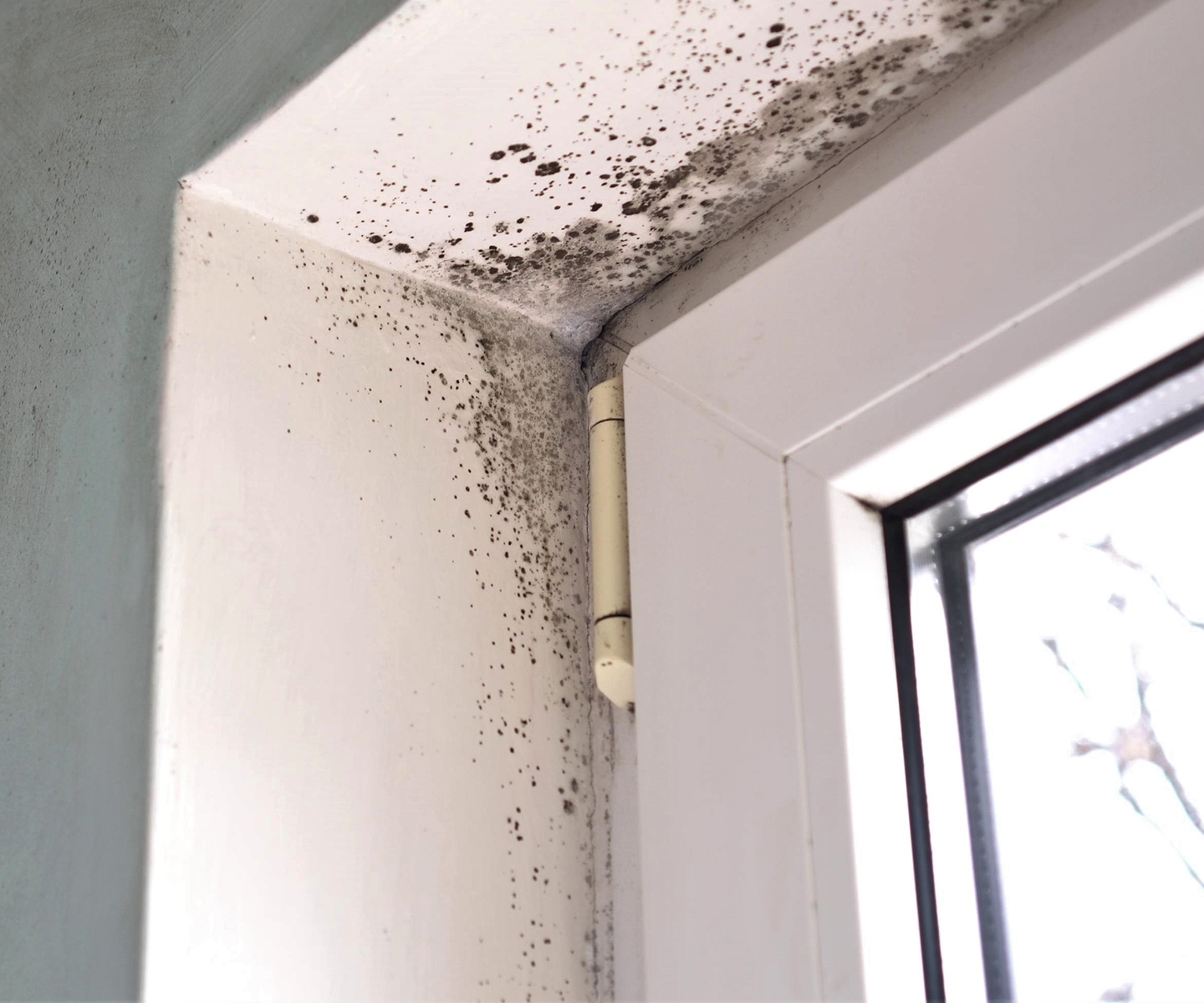Effective Message Mold And Mildew Remediation Solutions for Your Home
Mold and mildew development in homes can be a consistent issue, usually requiring a systematic method for efficient post-remediation options. From understanding the variables that add to mold and mildew advancement to applying proper cleaning methods and moisture control measures, the procedure can be intricate yet critical for keeping a healthy living atmosphere. Additionally, discovering natural remediation options and establishing a routine for recurring maintenance are necessary components of an extensive mold remediation method. As house owners strive to address mold and mildew issues, discovering one of the most efficient remedies ends up being extremely important for the wellness of their families.
Understanding Mold Development Factors
The main element adding to mold development is moisture. Mold spores need moisture to prosper and sprout, making damp or wet atmospheres very vulnerable to mold problems.

Furthermore, airflow and light direct exposure can influence mold and mildew growth. Areas that lack proper air flow and natural light are much more susceptible to mold and mildew development. By dealing with these elements adequately, people can effectively minimize mold development and guard their living settings.
Appropriate Mold And Mildew Cleaning Strategies
Utilizing reliable cleansing methods is essential in addressing and protecting against the recurrence of mold and mildew contamination in indoor atmospheres. When handling mold and mildew, it is essential to prioritize safety and security by wearing safety gear such as goggles, masks, and gloves. The very first step in correct mold cleaning is to include the damaged area to avoid the spread of spores to uncontaminated areas. This can be accomplished by sealing off the space and making use of air scrubbers or adverse air makers to keep air quality.

Executing Dampness Control Measures
To successfully avoid mold and mildew growth and contamination in interior environments, carrying out wetness control steps is extremely important. Furthermore, making certain correct air flow in locations prone to moisture build-up, such as kitchens and restrooms, can help minimize the threat of mold and mildew development. By diligently executing these dampness visit control procedures, home owners can effectively lower the possibility of mold and mildew recontamination and preserve a healthy indoor setting.
Using All-natural Removal Solutions
After efficiently implementing moisture control procedures to stop mold and mildew growth in indoor environments, home owners can currently discover the efficiency of all-natural remediation remedies in preserving a healthy living room. All-natural removal remedies utilize ecologically pleasant techniques to fight mold and mildew and mold, making them a preferred choice for those looking for non-toxic choices. By including these natural remediation remedies into their cleansing regimens, home owners can efficiently fight mold growth while advertising a much healthier indoor setting for themselves and their family members.

Maintaining a Mold-Free Atmosphere
In order to avoid mold and mildew reappearance and ensure a regularly mold-free environment, it is important for homeowners to implement positive maintenance practices. Routinely examining locations vulnerable to mold growth, such as restrooms, cooking areas, basements, and attic rooms, is vital. Dealing with any kind of leakages, water damages, or excess moisture quickly can substantially reduce the danger of mold advancement. testing air quality after mold remediation. Correct ventilation in locations with high moisture degrees is likewise essential to stop mold development. Making use of dehumidifiers or exhaust followers can help preserve optimum wetness degrees and inhibit mold spores from flourishing.
In addition, maintaining cleanliness in the home is important for mold prevention. Keeping interior plants in check and making sure appropriate drain in outdoor landscape design can minimize wetness accumulation, minimizing the likelihood visit site of mold problems.
Final Thought
In verdict, it is necessary to attend to mold growth variables, use correct cleaning techniques, implement dampness control actions, utilize all-natural removal options, and maintain a mold-free setting in order to effectively handle blog post mold remediation in your house - what to do after mold remediation. By complying with these techniques, you can stop mold from repeating and guarantee a healthy and balanced living setting for you and your household
The main element adding to mold and mildew development is dampness. Mold and mildew spores need wetness to grow and germinate, making moist or humid environments very vulnerable to mold invasions.To successfully prevent mold development and contamination in indoor atmospheres, implementing wetness control steps is paramount. Furthermore, making sure appropriate air flow in locations prone to moisture build-up, such as kitchen areas and restrooms, can help decrease from this source the threat of mold and mildew growth.After successfully carrying out wetness control actions to protect against mold development in indoor environments, property owners can now discover the performance of all-natural remediation solutions in keeping a healthy and balanced living room.
Comments on “Accessing Neighborhood Post Remediation Mold Testing Near Me”